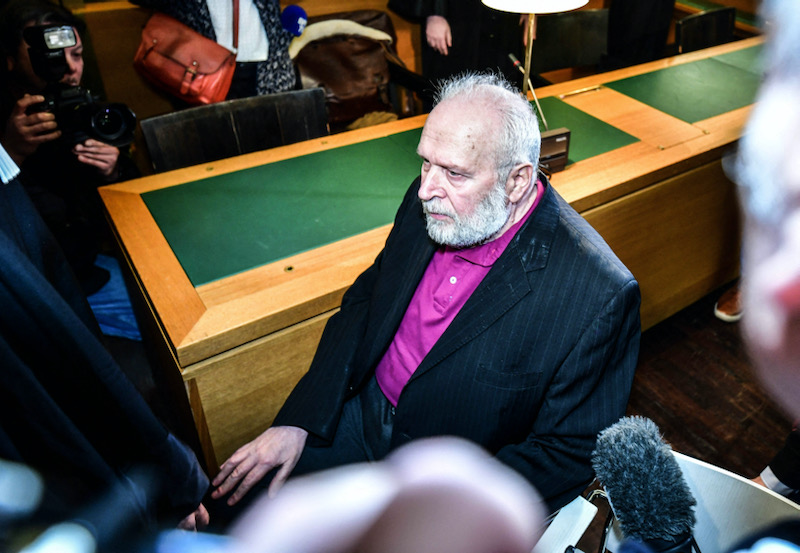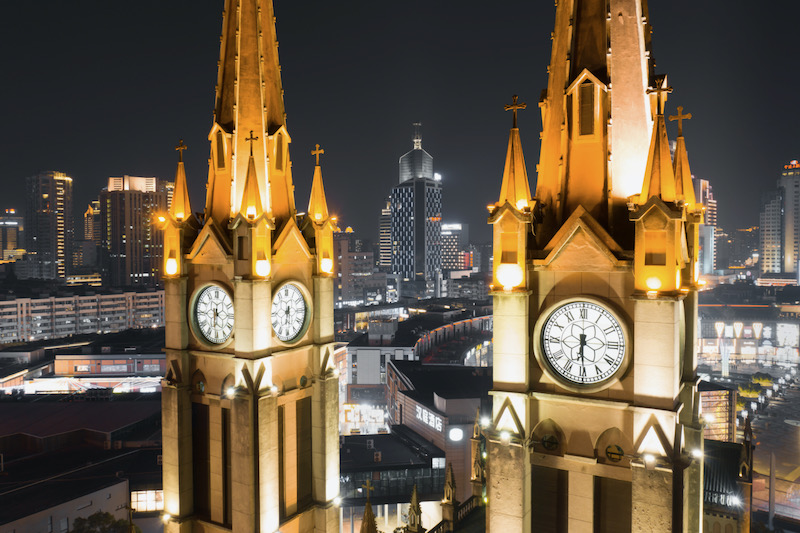The Chinese Communist Party has promulgated an order establishing a procedure for the selection of Catholic bishops in China that makes no provision for any papal role in the process.
On 11 February, the magazine Bitter Winter translated the new regulations, that will come into force on 1 May, into English, and the Catholic News Agency summarised the new process: “China’s state-run Catholic Church and bishops’ conference will select, approve, and ordain episcopal candidates – with no mention of the Vatican’s involvement in the process,” it said.
In September 2018 the Vatican and Beijing struck a still secret deal understood to provide for the Communist Party offering three names of possible bishops to the Pope, who would choose one of them.
Pope Francis told reporters at that time that the agreement envisions “a dialogue about potential candidates. The matter is carried out through dialogue. But the appointment is made by Rome; the appointment is by the pope. This is clear.”
Vatican officials have defended the September 2018 deal as a good first step towards ensuring greater freedom and security for the Catholic community in China. This would be achieved by bringing about one Church, in a process that combined the Chinese Patriotic Church, under the authority of the Communist Party, with the Underground Church whose first allegiance in ecclesial matters is to Rome.
This secret deal expired on 22 October 2020 and was renewed on the same day. The Vatican issued a communique sayingBeijing and Rome had “agreed to extend the experimental implementation phase of the provisional agreement for another two years”.
“The Holy See considers the initial application of the agreement – which is of great ecclesial and pastoral value – to have been positive, thanks to good communication and cooperation between the parties on the matters agreed upon, and intends to pursue an open and constructive dialogue for the benefit of the life of the Catholic Church and the good of Chinese people,” the communique said.
The new rules stipulate that clergy aligned to the Patriotic Church must actively support the ruling Communist Party. Article 3 requires them to “support the leadership of the Chinese Communist Party” and “the socialist system” as well as to “practise the core values of socialism.”
Those entering churches are to be “regulated through strict gatekeeping, verification of identity, and registration”, with registration tracked in a new government database. In other words, the Church will be incorporated into the Communist Party’s surveillance state.
So far, the Vatican has not commented on China’s apparent overriding of the September 2018 deal, whose credibility is tested every time the Communist authorities detain underground Catholics or bulldoze churches.
Just last week Catholics of Sacred Heart parish in Yining, Xinjiang, were told by local authorities that they must clear their church in advance of demolition, according to Asia News. The church was built in 2000, with full authorisation of the authorities. However, the building is now felt to be too “showy” in a prominent location, along a road leading to the airport. In 2018, its cross was removed. At least four other churches and many mosques have been destroyed in Xinjiang in recent years.
Many underground priests, and some bishops, have refused to register with the Patriotic Association on the grounds that registration requires them to acknowledge Communist Party authority over the Church and its teachings.
At the time of the deal’s renewal in October, only two bishops had been appointed under the new process.
Since then, in November, the Patriotic Association announced the consecration of a third bishop, Thomas Chen Tianhao, for the Diocese of Qingdao. The consecration was announced on 23 November, with photographs of the event, but the appointment was not announced by the Vatican, and Chen’s name was not listed in the Holy See’s regular bollettino of appointments.
Although the Vatican press director issued a statement the following day recognising Chen as “the third bishop appointed and ordained in the regulatory framework of the Provisional Agreement between the Holy See and the People’s Republic of China on the appointment of bishops,” questions remain about whether the Holy See had prior notice of the event, or if they had been obliged to accept the consecration as a fait accompli.



 Loading ...
Loading ...